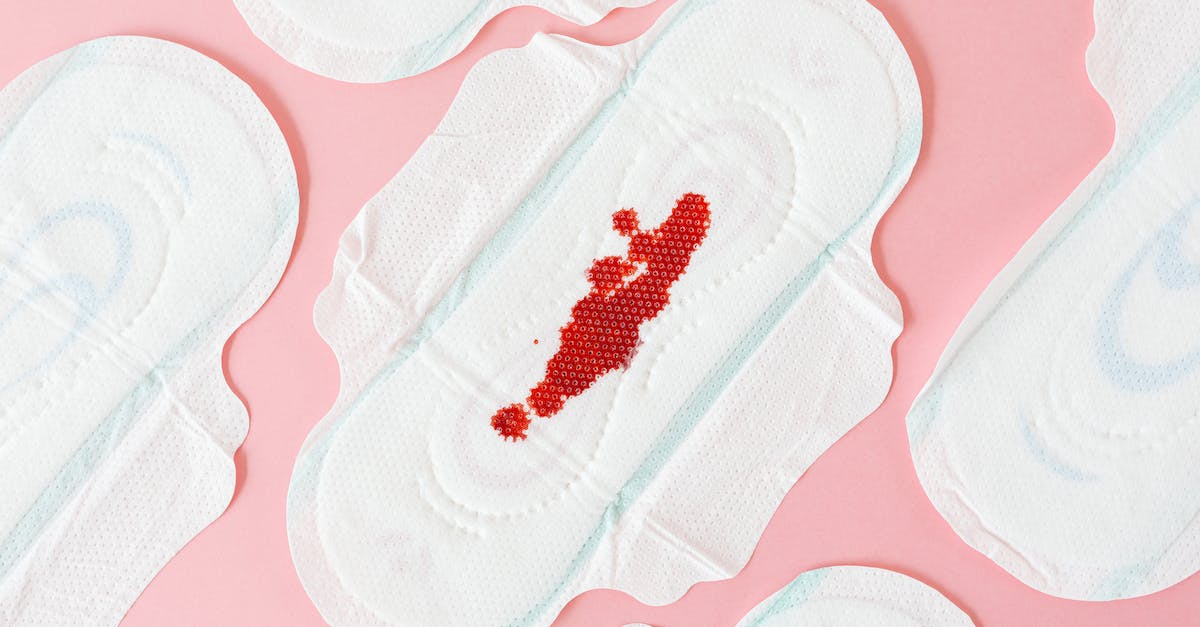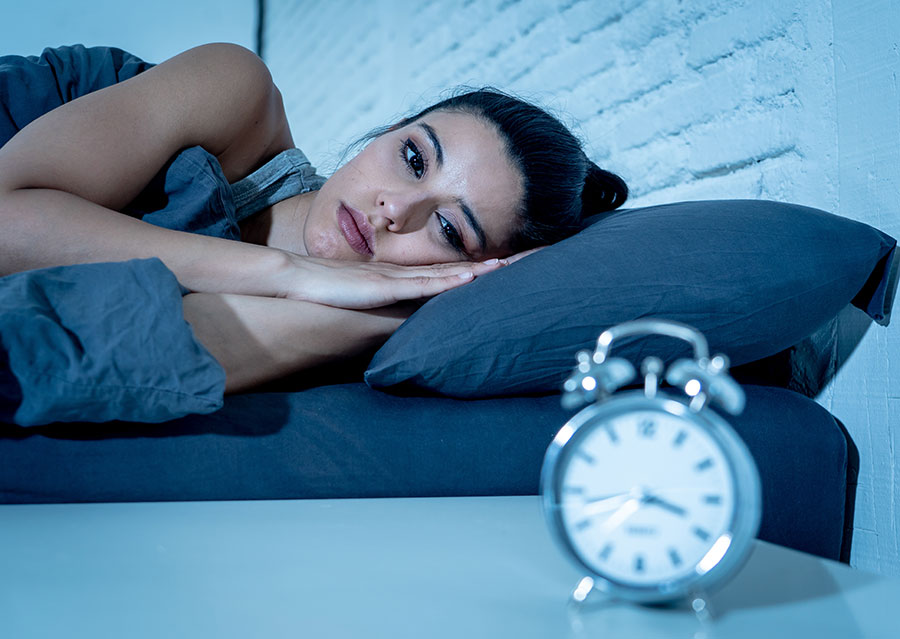Are you wondering if pads can make you bleed more during your period? Well, you’re not alone. It’s a common question that many women have. In this article, we’re going to look into this topic and explore whether pads can affect the amount of bleeding you experience. So, if you’ve ever wondered if your choice of sanitary protection could be impacting your flow, keep reading!
Contents
Do Pads Make You Bleed More?

In general, no, pads do not directly cause you to bleed more. They are absorbent materials designed to collect menstrual blood and are not known to interact with or influence your menstrual flow.
However, there are some instances where pads might indirectly affect the perception of heavy bleeding:
1. Irritation: Some pads contain chemicals or fragrances that can irritate the vulva, causing inflammation and possibly increasing the sensation of wetness. This can be mistaken for heavier bleeding.
2. Absorption: While pads absorb menstrual blood, they can also absorb natural vaginal fluids. This can make the pad feel fuller than it actually is, leading to the perception of heavier bleeding.
3. Change frequency: If you don’t change your pad frequently enough, it can become saturated and leak, which can also create the impression of heavier bleeding.
Tips for Using Pads Effectively
1. Choosing the Right Size
When it comes to using pads effectively, choosing the right size is important. Pads come in different sizes to accommodate different flow levels. If you’re just starting out, you may need to try a few sizes to see which one fits you the best. Keep in mind your flow and lifestyle when selecting the size and absorbency level. Remember, finding the right pad size may require some trial and error, as your needs can change over time.
2. Changing Pads Regularly
One of the key factors in using pads effectively is changing them regularly. No matter the volume of your flow, it’s recommended to change your pad every three to four hours to avoid odor from bacteria growth. Regularly changing your pads not only helps control smells but also stops harmful germs called bacteria from growing in them. It’s important to keep the area clean and dry to prevent rashes or vulva irritation. If you’re outdoors or on-the-go, consider carrying some extra pads with you for convenience.
3. Proper Disposal of Pads
Proper disposal of pads is essential for maintaining hygiene and preventing the spread of infections. Used pads should be disposed of properly as infected pads can carry infections like sexually transmitted infections or HIV. An excessively damp pad can harbor microorganisms and cause infection, leading to urinary tract and vaginal infections.
If you’re using disposable pads, make sure to wrap them securely in their packaging or a plastic bag before disposing of them in a trash bin. This helps prevent any exposure to bacteria or foul odors. If you’re using reusable cloth pads, make sure to follow the manufacturer’s instructions for proper cleaning and storage.

Conclusion
Using pads effectively during menstruation can help ensure a comfortable and hygienic experience. By choosing the right size pads, changing them regularly, and disposing of them properly, you can minimize discomfort and reduce the risk of infections.
Frequently Asked Questions
Does free bleeding make your period end faster?
While there is some evidence to suggest that free bleeding may speed up the end of your menstrual cycle, there is no scientific proof that this actually works.
How much bleeding is normal in a pad?
Usually, menstrual bleeding lasts about 4 to 5 days and the amount of blood lost is small (2 to 3 tablespoons). However, women who have menorrhagia usually bleed for more than 7 days and lose twice as much blood.
What happens if you wear a pad for 24 hours?
Trapped moisture provides a breeding ground for bacteria and fungus, and wearing a pad for too long can lead to an infection, including a yeast infection. A damp pad and friction can also cause irritation or the dreaded pad rash and make you more susceptible to infection.
I am a medical student with experience and interest in Women’s health and well-being.